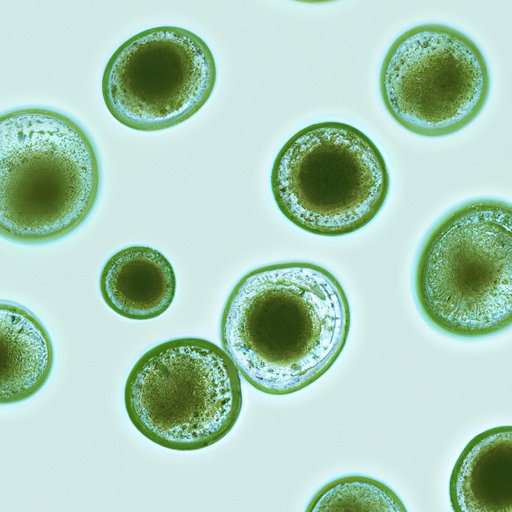I. Introduction
The cell theory is a fundamental concept in the field of biology that explains the structure, function, and development of living organisms. It has revolutionized the way we approach the study of life. In this article, we will explore the cell theory in-depth, discussing its history, components, and significance. This article is aimed at readers interested in biology, medicine, genetics, and biotechnology, and who want to gain a clear understanding of this fundamental concept.
II. Understanding the Basics: The Cell Theory and its Implications on Biology
The cell theory is the cornerstone of modern biology, consisting of three fundamental principles:
1. All living things are composed of one or more cells.
2. Cells are the basic unit of structure and function in living things.
3. New cells arise from pre-existing cells.
These principles provide a basis for understanding the organization and function of all organisms, from bacteria to complex multicellular organisms like humans. The cell theory has played a vital role in the development of other scientific fields such as medicine, genetics, and biotechnology.
III. From Hooke to Schleiden and Schwann: A Brief History of the Cell Theory
The cell theory was developed over several centuries through the contributions of several scientists. The earliest observations of cells can be traced back to Robert Hooke in 1665, who observed the structure of plant cells using a primitive microscope. Matthias Schleiden and Theodor Schwann were instrumental in the formulation of the cell theory in the mid-19th century. Schleiden observed plant tissue under the microscope and concluded that all plants were composed of cells. Schwann later extended Schleiden’s observations to animal tissues, concluding that all living organisms were composed of cells.
Other scientists such as Rudolf Virchow and Louis Pasteur also played a significant role in the development of the cell theory by expanding it and rigorously testing its validity.

IV. The Three Major Components of the Cell Theory: An Overview
The three components of the cell theory provide a fundamental understanding of the organization and function of cells in living organisms. The first component states that all living things are composed of one or more cells. This includes everything from single-celled bacteria to complex multicellular organisms such as humans.
The second component states that cells are the basic unit of structure and function in living things. All organisms depend on cells functioning properly to maintain life. Cells carry out specialized functions necessary for the organism’s survival, such as digesting food and exchanging gases with the environment.
The third component states that new cells arise from pre-existing cells. This is known as cell division, a fundamental process in the development and repair of multicellular organisms. Without cell division, it would be impossible for organisms to grow and repair damaged tissues or organs.
V. Why the Cell Theory is Considered the Foundation of Modern Biology
The cell theory has transformed the field of biology by providing a framework for understanding the organization and function of living organisms. It has led to other important theories and discoveries, such as the theory of evolution and the discovery of genes. Advances in technologies such as microscopy and imaging techniques have allowed scientists to study cells in greater detail, leading to new insights into how cells function and interact with one another.
VI. Exploring the Cell Theory: How it Has Revolutionized the Study of Life
The cell theory has led to new and improved methods of studying cells and their functions. The development of microscopy and imaging techniques has allowed scientists to observe cells and their structures in greater detail. Real-life applications of advancements in cellular biology can be seen in fields such as medicine, where cellular biology is being used to develop new treatments for diseases such as cancer.
VII. The Importance of the Cell Theory in Medical Research and Healthcare
The cell theory has played a critical role in the development of medical research and healthcare. Cellular biology has led to important discoveries such as the development of vaccines and antibiotics. Advances in cellular biology are being used to develop new treatments and cures for diseases such as cancer and Alzheimer’s.
VIII. Looking at the Future of the Cell Theory: Advancements and Innovations in Cellular Biology
Current advancements in cellular biology such as gene editing and stem cell research have the potential to change the way we view and understand cells and their functions. Gene editing techniques such as CRISPR provide the ability to modify genes with unparalleled precision, resulting in new therapies and treatments for previously untreatable diseases. Stem cell research has allowed scientists to create cells that can be used to regenerate damaged tissues or replace diseased organs.
IX. Conclusion
The cell theory is a fundamental concept in the field of biology that has transformed our understanding of life. It has provided a framework for understanding the organization and function of living organisms from bacteria to complex multicellular organisms such as humans. The cell theory has led to numerous important discoveries and advancements in scientific fields such as medicine. By understanding the cell theory, readers will gain an appreciation for this critical concept and its potential impact on future scientific discoveries.
